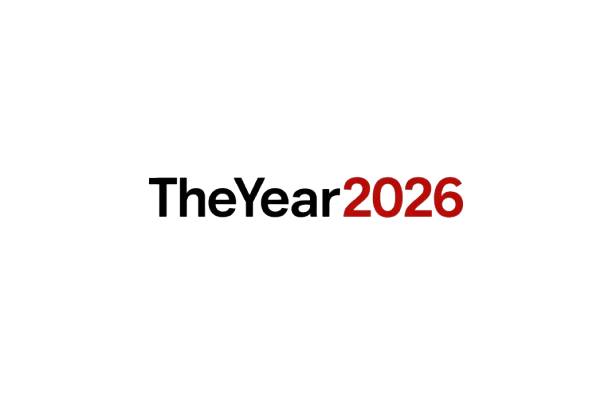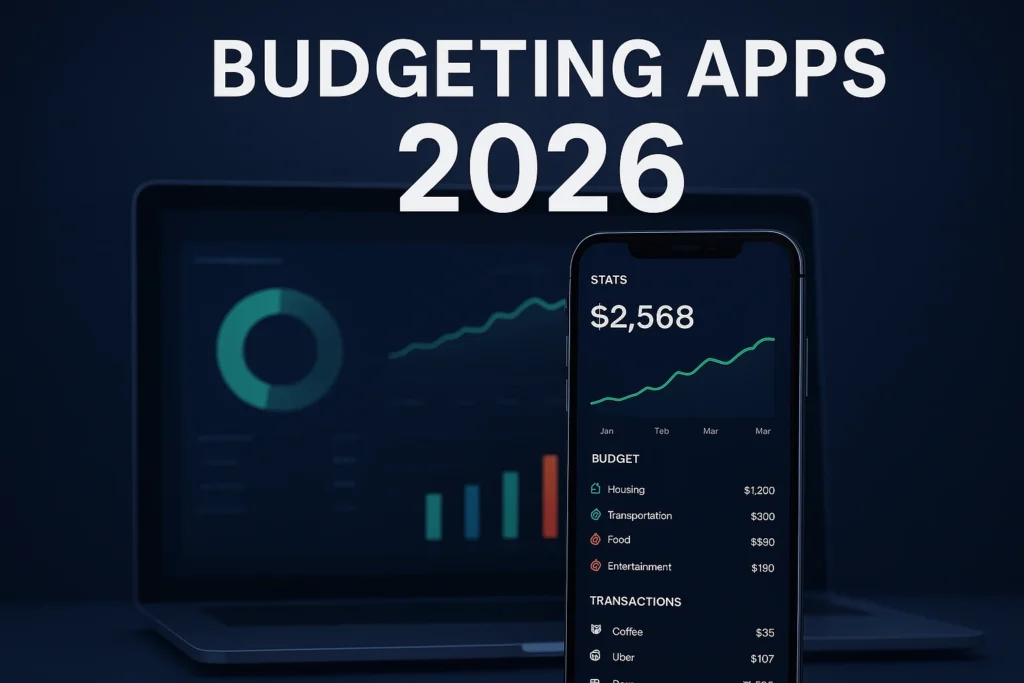Money management has always been a skill worth mastering, but in 2026, it has become more essential than ever. Rising living costs, subscription creep, inflation, and new financial tools have reshaped the way people interact with their money. Gone are the days when a simple spreadsheet or notebook was enough. Today, budgeting apps are the cornerstone of financial health.
But with dozens of apps competing for your attention each promising to simplify your life which ones are actually worth using? In this deep dive, we’ll explore the top budgeting apps in 2026, how they compare, what makes them valuable, and how you can pick the right one for your financial situation.
Why Budgeting Apps Matter More in 2026
Budgeting apps aren’t just about tracking expenses anymore. They’ve evolved into financial ecosystems that:
- Sync directly with bank accounts, credit cards, and even investment portfolios
- Provide real-time updates on your spending
- Use AI to predict financial stress points before they happen
- Offer goal-based planning (vacation savings, debt payoff, retirement contributions)
- Provide collaborative features for couples or families
- Integrate with lifestyle tools (fitness apps, sustainability trackers, tax tools)
In short, they are not just trackers they are co-pilots for your financial life.
What to Look for in a 2026 Budgeting App
Before jumping to the best apps, let’s talk about the criteria that matter this year:
- Ease of Use: An app should reduce friction, not add more.
- Security & Privacy: Bank-level encryption, biometric login, and transparent data policies are must-haves.
- Automation vs. Control: Do you want the app to “run” your budget with AI suggestions, or do you want full manual oversight?
- Multi-Device Support: Cross-platform usability matters (desktop, iOS, Android, even smartwatches).
- Cost: Subscription fatigue is real. Free tiers or reasonable pricing can make or break adoption.
- Integrations: Linking to your bank, investments, or even crypto wallets in 2026 is a bonus.
- User Support & Community: Tutorials, webinars, and peer groups add long-term value.
The Top Budgeting Apps in 2026
- YNAB (You Need A Budget)
- Why it’s a top pick: YNAB has built a cult following because of its zero-based budgeting method every dollar you earn gets assigned a job. In 2026, YNAB integrates AI to recommend how to allocate extra cash or adjust categories when your spending patterns change.
- Best for: People who want total control, freelancers, and those with irregular incomes.
- Cost: Subscription model, free trial available.
- Standout feature: Its educational ecosystem workshops, podcasts, and a massive community forum.
- Monarch Money
- Why it stands out: Monarch has positioned itself as the all-in-one financial dashboard. It doesn’t just track expenses but also integrates with investment accounts, retirement plans, and crypto wallets. In 2026, its forecasting tools simulate long-term scenarios like mortgage payoff vs. investment growth.
- Best for: Professionals and families who want a big-picture view of net worth.
- Cost: Freemium with advanced features behind subscription.
- Standout feature: AI-driven financial projections up to 30 years.
- PocketGuard
- Why it’s useful: PocketGuard simplifies everything with one core question: “How much can I spend right now?” After factoring bills, goals, and recurring subscriptions, it gives you a “safe to spend” number in real time.
- Best for: Users who find traditional budgeting overwhelming.
- Cost: Free tier + premium upgrade.
- Standout feature: Subscription detection + alerts for rising bills.
- Goodbudget
- Why it’s unique: Based on the envelope system (but digital), Goodbudget is ideal for those who prefer manually assigning funds. It emphasizes accountability rather than automation.
- Best for: Couples and families who want to budget together.
- Cost: Free for limited envelopes; premium for unlimited.
- Standout feature: Shared envelopes across multiple accounts.
- Rocket Money (formerly Truebill)
- Why it’s trending: In 2026, subscription creep is at its peak. Rocket Money’s biggest selling point is its ability to find hidden subscriptions and negotiate bills on your behalf.
- Best for: People who are tired of small recurring charges draining their accounts.
- Cost: Free basic version; premium for negotiation services.
- Standout feature: Refund assistance for mistaken charges.
- Spendee
- Why it’s attractive: Known for its clean, visual dashboards, Spendee is perfect for users who want to see their finances rather than read numbers. It also supports multi-currency wallets, making it great for international travelers.
- Best for: Visual learners, digital nomads, or frequent travelers.
- Cost: Free + premium version.
- Standout feature: Shared family wallets and event-based budgeting.
- EveryDollar
- Why it works: Created by Dave Ramsey’s team, this app is all about zero-based budgeting in a stripped-down, easy format.
- Best for: Beginners and those following the Ramsey philosophy.
- Cost: Free basic tier; paid for bank sync.
- Standout feature: Guided debt-snowball tracking.
- MoneyWiz
- Why it’s different: MoneyWiz focuses on bill tracking and scheduling, which is useful for people juggling multiple accounts. It also offers deep custom reporting.
- Best for: Power users who want advanced analytics.
- Cost: Subscription.
- Standout feature: Offline mode for users who don’t want to sync banks directly.
- SoFi Budget Planner
- Why it’s notable: As part of the broader SoFi platform, it ties in credit monitoring, savings tools, and investment accounts. In 2026, SoFi adds personalized financial coaching AI bots.
- Best for: People who already use SoFi for loans or investments.
- Cost: Free.
- Standout feature: Integrated personal finance + investments in one app.
How to Choose the Right Budgeting App in 2026
Here’s a framework to help you decide:
- Identify Your Pain Point: Are you overspending, struggling with irregular income, or losing track of subscriptions?
- Decide on Automation Level: Do you want the app to do it for you, or do you want to manually control every category?
- Factor in Collaboration: Budgeting with a spouse or roommates? Look for shared wallets.
- Check Security Policies: Apps should never sell your financial data. Always read the fine print.
- Test the Free Trial: Don’t pay upfront. Test drive and see if it fits your lifestyle.
Pitfalls and Risks
Budgeting apps aren’t perfect. Here’s what to watch for:
- Subscription fatigue: Some apps cost as much as $15/month, eating into your budget.
- Data concerns: Linking accounts means trusting the app with sensitive information.
- Learning curve: Apps like YNAB require patience.
- Over-reliance: Tools can help, but you still need to change habits.
The Future of Budgeting Apps
Looking ahead, expect:
- AI-first budgeting: Your app will proactively suggest actions like “move $50 to savings”.
- Voice-based budgeting: “Hey app, can I afford dinner out tonight?”
- Eco-budgeting features: Tracking the carbon impact of your purchases.
- Deeper integration with tax filing and insurance tools.
Final Thoughts
Budgeting in 2026 is no longer optional. With inflation, rising subscriptions, and complex financial lives, a budgeting app is your financial GPS. The key isn’t to chase the fanciest app but to pick one that fits your habits.
- If you’re hands-on → YNAB or Goodbudget.
- If you want automation → PocketGuard or Rocket Money.
- If you need big-picture tracking → Monarch or SoFi.
- If you value visuals → Spendee.
The right app isn’t the one with the most features; it’s the one you’ll actually use every day.

